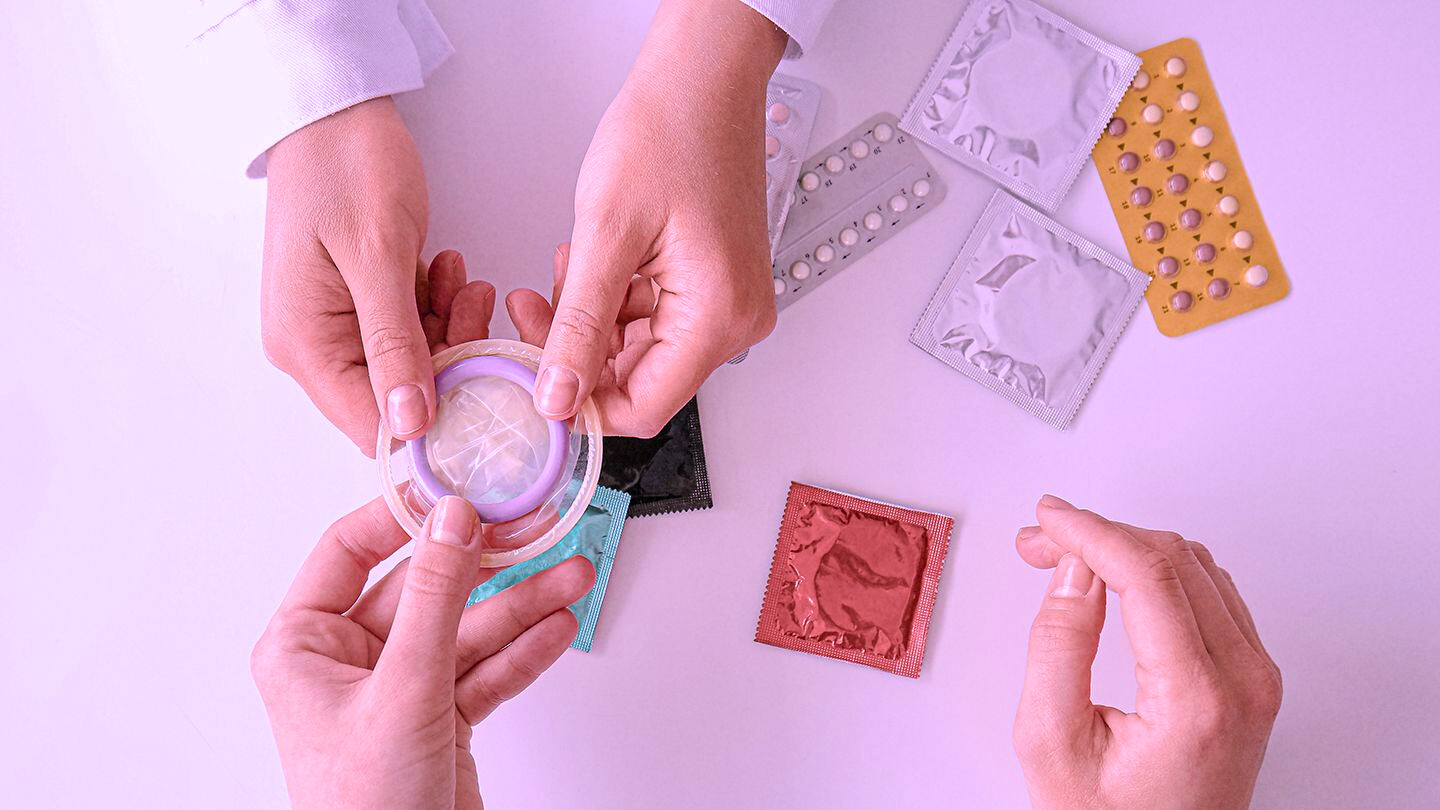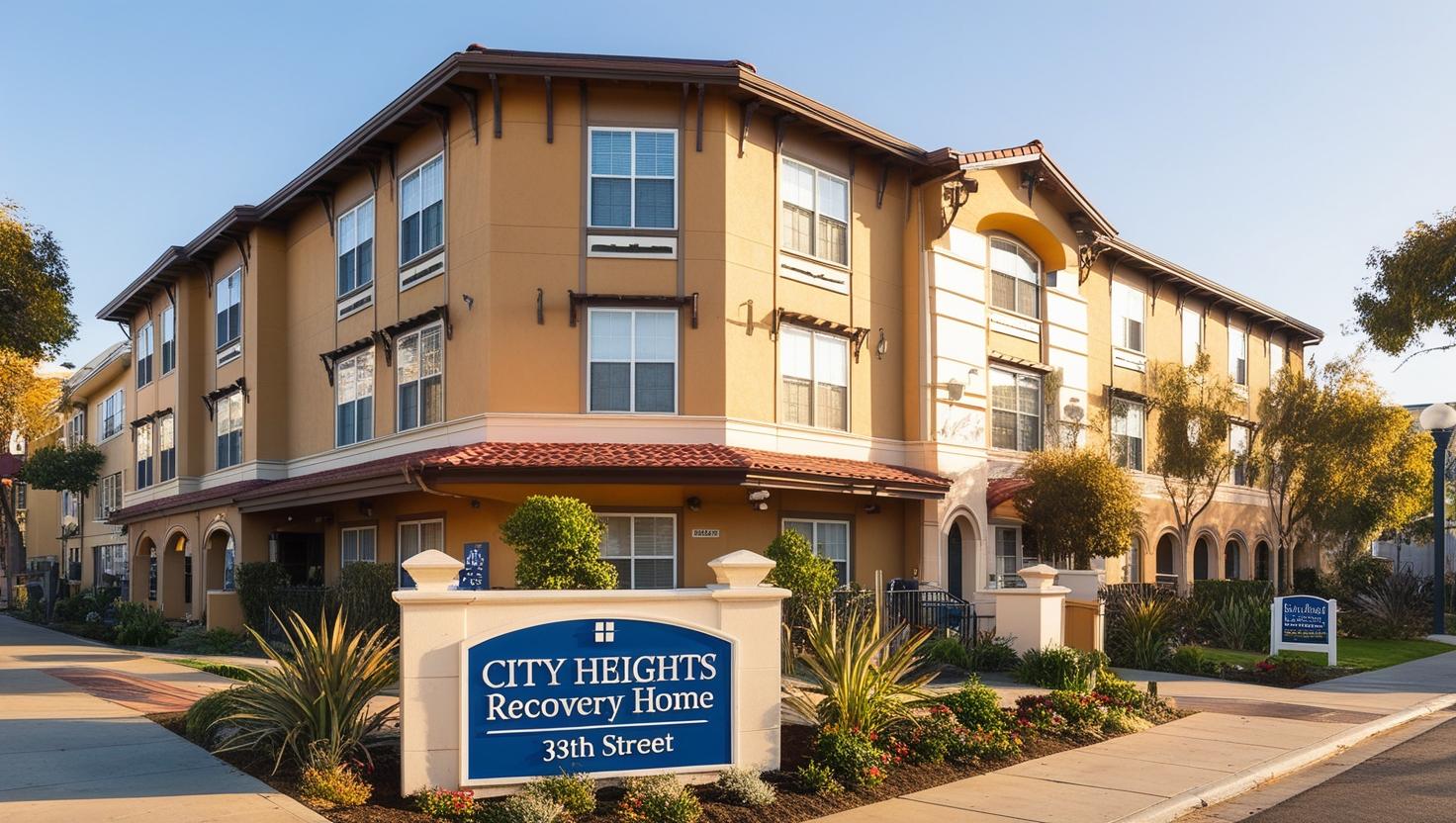In recent years, New Jersey has taken significant steps to improve access to reproductive health care, including birth control. One of the key policies addressing this issue is the Title V Maternal and Child Health Services Block Grant. This article will explore whether Title V policy in New Jersey mentions birth control, the implications of this policy, and how it fits into the broader context of reproductive health care in the state.
Understanding Title V Maternal and Child Health Services Block Grant
The Title V Maternal and Child Health (MCH) Services Block Grant is a federal program that provides funding to states to improve the health of mothers, infants, and children. Each state receives funding based on its population size and health needs, and states are required to match federal funds with state funds1. The goal of the Title V program is to reduce infant mortality, improve access to quality health care services, and support children with special health care needs.
Healthcare Nursing Recovery Home in City Heights San Diego on 38th Street
Does Title V Policy NJ Mention Birth Control?
While the Title V policy itself does not explicitly mention birth control, New Jersey has implemented measures to improve access to reproductive health care, including birth control, as part of its broader efforts to support maternal and child health. For example, the Murphy administration has taken action to allow pharmacists to provide self-administered hormonal contraceptives without a prescription2. This initiative is part of New Jersey’s commitment to protecting reproductive rights and expanding access to reproductive health care.
The Impact of Title V Policy on Birth Control Access
The Title V policy in New Jersey has indirectly contributed to improved access to birth control by supporting programs and initiatives that address maternal and child health needs. By providing funding for maternal and child health services, the Title V program has helped reduce barriers to accessing reproductive health care, including birth control1. Additionally, the state’s efforts to remove prescription requirements for hormonal contraceptives have made it easier for women to obtain birth control and manage their reproductive health.
Broader Context of Reproductive Health Care in New Jersey
New Jersey has been proactive in advancing reproductive health care policies and initiatives. In addition to the Title V policy, the state has implemented other measures to support reproductive health, such as the Freedom of Reproductive Choice Act, which codifies the constitutional right to reproductive choice in New Jersey2. These efforts reflect the state’s commitment to ensuring that women have access to the care they need to make informed decisions about their reproductive health.
FAQs About Title V Policy and Birth Control in New Jersey
1. What is the Title V Maternal and Child Health Services Block Grant?
The Title V Maternal and Child Health Services Block Grant is a federal program that provides funding to states to improve the health of mothers, infants, and children. States use this funding to address priority health needs and support programs that improve maternal and child health outcomes1.
2. Does the Title V policy in New Jersey explicitly mention birth control?
No, the Title V policy itself does not explicitly mention birth control. However, New Jersey has implemented measures to improve access to birth control as part of its broader efforts to support maternal and child health2.
3. How has New Jersey improved access to birth control?
New Jersey has taken several steps to improve access to birth control, including allowing pharmacists to provide self-administered hormonal contraceptives without a prescription. This initiative aims to make birth control more accessible and support reproductive health for women in the state2.
4. What is the Freedom of Reproductive Choice Act?
The Freedom of Reproductive Choice Act is a New Jersey law that codifies the constitutional right to reproductive choice in the state. This law ensures that women have the right to make decisions about their reproductive health without unnecessary barriers.
5. How does the Title V policy fit into New Jersey’s broader reproductive health care efforts?
The Title V policy supports New Jersey’s broader efforts to improve maternal and child health, including access to reproductive health care. By providing funding for maternal and child health services, the Title V program helps reduce barriers to accessing reproductive health care, including birth control1.
Conclusion
While the Title V policy in New Jersey does not explicitly mention birth control, the state has implemented measures to improve access to reproductive health care as part of its broader efforts to support maternal and child health. These initiatives reflect New Jersey’s commitment to ensuring that women have access to the care they need to make informed decisions about their reproductive health.
Healthcare Nursing Recovery Home in City Heights San Diego on 38th Street
Healthcare Nursing Recovery Home on 38th Street, San Diego










